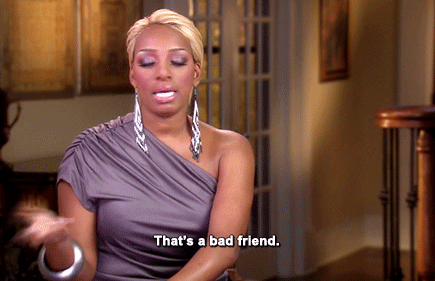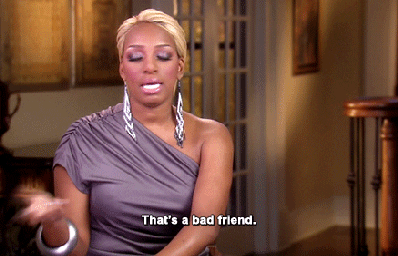With tumultuous political events shaping contemporary realities and the rise of a ‘woke’, ‘progressive’ and ‘healthy’ virtual space, a term that one can easily observe being used or, perhaps, overused, is toxicity. Cursorily, toxicity can be understood as an inherent quality of a person or system that poses or has the potential of posing immense harm to others. Interestingly, if one goes on tracing toxic signs, on the basis of this definition, nearly every person or phenomenon existing can be called as ‘toxic’. From our very dear childhood fictional characters to the romantic relationships that we cherish, possibly everything becomes ‘toxic’. Considering this, every argument really comes down to the fundamental question- is toxicity a myth or a very real verity? Is it all in our minds or is it immensely functional and affects us in numerous ways?
One of the major facets of toxicity concerns with individuals. This is something that is referred to as ‘red flags’ in popular GenZ culture. Be it Joe Goldberg of You or Rahul of Kuch Kuch Hota Hai, we are all guilty of falling in love with these characters who clearly possess manipulative, not so healthy and let’s accept it, TOXIC traits. After all, there is something strangely attractive and charming about toxicity. It is largely owing to the conditioning patterns. The way we are raised to accept love, in whatever forms possible, even if it means a temporary compromise with the ‘self’, is lethal and it is exactly where the roots of toxicity lie.
But, does that really mean that all the romantic ideas that we have cherished and found appealing are nothing but a sham? What’s so wrong in believing in the idea of a ‘Rahul’? In fact, many individuals believe that toxicity is just an umbrella term to justify personal whimsical behaviour. It is exceedingly difficult to draw the delicate boundary. What should be certain is that when any other being is the cause of disturbance of one’s mental and emotional peace, either in visible or inherent ways, perhaps it is time for retrospection and if possible termination of that person from one’s life.
Far from this individual-centred interpretation of toxicity, there is another, more evident and maybe better definable aspect of toxicity- Political toxicity. The world has some time back witnessed the dramatic US elections and the campaign for the same. From sexist and misogynist remarks made by a supreme leader to the Capitol attack that threatened the peaceful transition of power, no sound mind can deny the growing political toxicity in one of the world’s earliest democracies. Back here in homeland, communal tensions and minority rights combined with human rights violations and a manipulative media paints a gory picture. Such an arrangement in both sovereign countries is detrimental to a healthy and progressive political environment and thus can be called toxic. Unlike individual toxicity, there are little ambiguities in this interpretation.
Toxicity is all about challenging the entrenched conditioning for the better. It’s about valuing the growth and healthy socio-political realities and identifying and subsequently terminating the negative ones. It concerns with realising the manipulative and destructive nature of Rahul(from Kuch Kuch Hota Hai) and with the courage to question the claim that puts romantic dynamics above self-worth. Toxicity has to do with dissenting communal hatred and undemocratic elements which intoxicate the whole body politic. It is quite wise to call the process a difficult one but at the end, the efforts are worth it!


